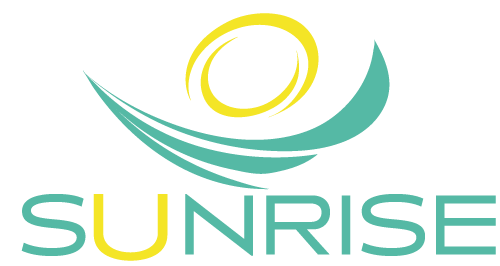Project
The project will introduce an innovative multisensor sorting tool based on industrial in-line techniques (Raman, IRS, Fluorescence and Optical Spectroscopy) making use of optimised tailored hardware and AI algorithms which will allow optimal classification of laminated glass according to composition and degradation. Subsequently an innovative patented mechano-chemical process will allow the efficient separation of glass from PVB avoiding degradation of the polymer.
SUNRISE will apply a circular and transdisciplinary concept for solving current challenges in the existing laminated glass waste recycling chains which are:
Problem
The PVB consumption is increasing in the next years and with it the amount of generated PVB waste involving important problems from an environmental point of view, resulting in the need to search for new strategies in terms of recycling. Furthermore, the major raw materials utilized in the production of PVB, butyraldehyde and polyvinyl alcohol, are extracted from carbon compound and petroleum and the volatile nature of these raw materials not only affects their price in the market, but also behaves as a limitation of an economic issue, in spite of the suitable properties supplies by this material.Solution
The project SUNRISE presents a solution for the post-consume PVB recycling consisting in the integration of a multi-sensor system based on non destructive and real-time data processing methodologies of spectral data, followed by the mechano-chemical recycling process achieving a sorted PVB according to optical quality and composition, thus obtaining different batches which will allow a functional recycling and higher quality of the final polymer.

